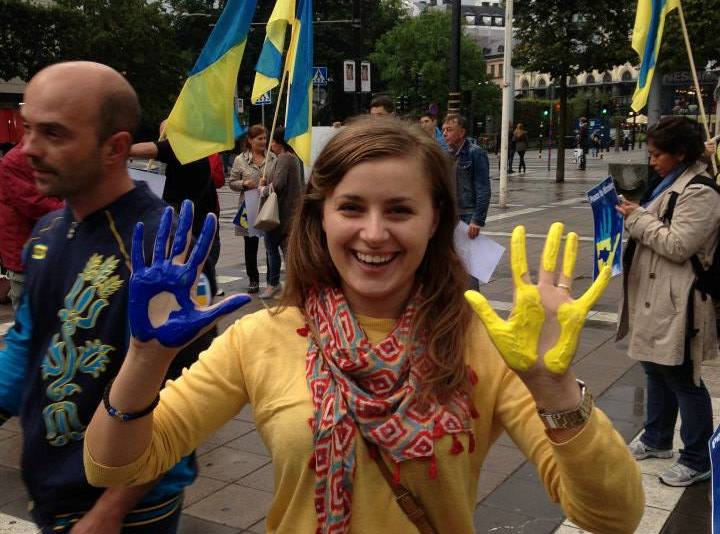Like Coursera, but free
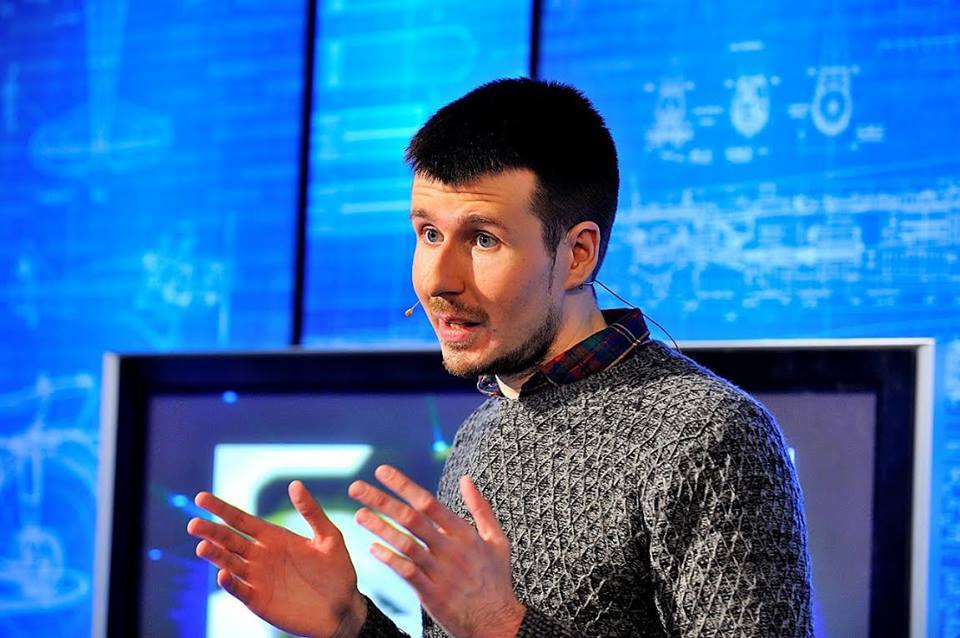
Prometheus has a lot in common with the world-known platform for online education Coursera. However, there are two pronounced differences. First, unlike Coursera, Prometheus is not a commercial platform, but a non-profitable organization. Second, while Coursera gives a platform for the online courses of universities, companies etc, 80% of courses in Prometheus are its own ones.
“We realized that our universities do not have a capacity to do online courses. So we started to shoot and edit videos, design them, create publications, manage the content, and collect the audience by ourselves,” says Ivan Prymachenko.
He is one of those risk-taking volunteers who founded Prometheus. Overcoming the skepticism of those who thought the idea wouldn’t work in Ukraine or will require millions of dollars, Prymachenko and a small group of enthusiasts launched a pilot project. They had only 1,000$ for everything and the studio of a university where Prymachenko used to study.
Eventually, the project became a success. Now it has about 400,000 subscribers. Out of that, one course on the basics of programming has a whopping 100,000 subscribers. About 10% of users complete courses, which is one of the highest indexes in the world (the average world number is 7%).
Prometheus has a core team, but a lot of the work is also done by volunteers who translate and promote the courses.
Last but not least, another way in which Prometheus differs from Coursera is its adaptation to Ukrainian realities. It even has courses for the state servants – on decentralization and on using the system for transparent public purchases ProZorro.
Relevance for the country’s positive changes is the main criteria for creating courses on Prometheus:
“A great example is the course on the budgets of local communities. It is needed for a limited number of people (up to 10,000 in the whole country). However, it is critical for communities. That is why we launched this course,” says Prymachenko.
Creating education rock-stars

Now, the initiative started paying modest sums to professors who read the online lectures. However, at the beginning they did this totally for free.
As Prymachenko told, the lecturers are motivated by the opportunity to have a much bigger audience to which they can transfer their knowledge.
“It helps turn local university star teachers into stars for the whole country,” explains Prometheus’s founder and gives an example of mega-popular course of Oleksiy Herashchenko. He used to teach 100-200 people a year. At Prometheus, he has a course on basics of economy for everybody attended for 10-50,000 of people.
“It’s a vaccination from economic populism which is important for every citizen,” highlights the importance of the course Prymachenko.
Breaking the death triangle of Ukrainian education and fixing other mistakes
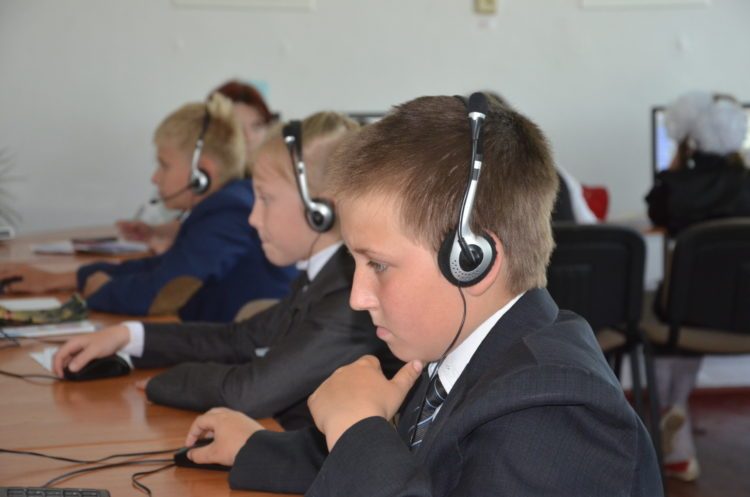
Ukrainian students joke that the first days of work taught them more than years of studying in a university. In the Ukrainian education system, knowledge and their practical use quite often are not related.
Prymachenko says that they in Prometheus have an answer for that – involving practical specialists as guest lectures. Also, companies create their own courses. For example, a multinational professional services firm Ernst and Young and the Ukrainian branch of Microsoft have already uploaded their materials to Prometheus. And, of course, there is a practical state course on using the ProZorro system:
“It’s important that people can learn directly from the legislator.”
Another aim of the platform’s founders is to break the death triangle of Ukraine’s education. According to Prymachenko, this is:
- a lack of qualified teachers;
- a lack of financing to keep the good teachers from choosing business over the auditorium;
- and a lack of time for the reform.
The founder and his like-minded colleagues see a mixed education as a solution. The format has already been introduced in some educational institutions.
For example, the National Technical University of Ukraine “Ihor Sikorsky Kyiv Polytechnic Institute” uses Harvard online courses on the basics of programming, which were fully translated to Ukrainian.
“It frees some hours in the university which can be used for individual lessons or some other lectures,” explains Prymachenko.
Another one of Prometheus’s honored project in terms of the reform is the introduction of an interactive course on programming, which is a compulsory subject in Ukrainian schools, in 30 schools of the Dnipropetrovsk Oblast. Sometimes, the results are inspiring.
“There is a school in the Lychkove village. The local history teacher used to teach programming as well,” tells Prymachenko.
In such schools, teachers usually teach several subjects, no matter whether they are experienced in them or not. Now, the kids have an opportunity to really learn programming.
“We came there to check the results. Students there not only learned all the lessons, but also did a bonus task. It proves that mixed education really works,” goes on Prymachenko.
He says that the next goal is to scale this project to 100 and then to 1,000 schools. And the final goal is to introduce the mixed education system to all 17,000 Ukrainian schools.
The main question is the political will for implementing the reform:
“We can do it at some level, however scaling it should become a state initiative,” says Prymachenko and adds: “There are a lot of talks about the successful example of Finland’s educational reform. But Ukraine does not have 20 years for this reform. If we want to hold on to the country and to modernize it, we need to do it in 5 years.”
The reform and the state
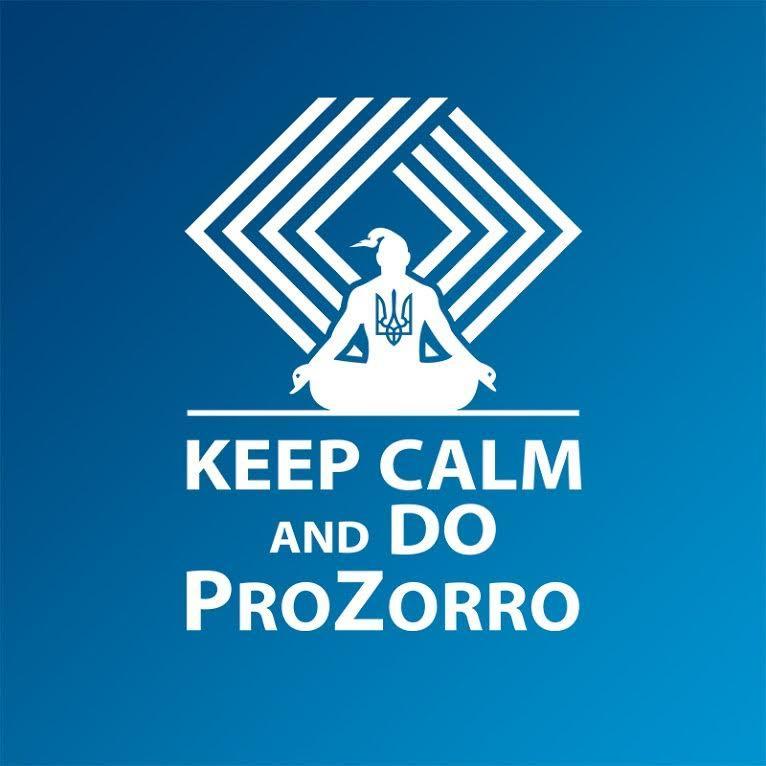
So far there is state support only for some particular projects, like the course on ProZorro and decentralization.
Also, the Ministry of Education and the minister Liliya Hrynevich by herself supported the project on online courses for students from the temporary occupied territories: Crimea, which was illegally annexed by Russia in 2014, and the territories of the Russian-backed “Luhansk and Donetsk People’s Republics” in the east. Children from those locations who want to enter Ukrainian universities should have a Ukrainian certificate. To receive it, they need to pass online tests for Ukrainian schools. Another option is to follow the simplified procedure of entering universities through special educational centers without passing the tests. Both do not foresee actually learning. But Prometheus gives this opportunity.
Read also: School children from occupied Donbas want to enter universities in free Ukraine
“It’s one thing when we work with hundreds of thousands of people, even though it’s quite a lot, in a pilot project. But we want to work with millions,” says Prymachenko.
He and his team also joined the Reanimation Package of Reforms, the platform for the NGOs involved in reforming process, on working with the field of education. Within it, they focus on changes on the level of legislation.
When the large scale transformation will start to be implemented, the activists expect the system to start resisting. For instance, when talking about optimizing the number of schools or providing the best private universities with an opportunity to receive a state order on professionals (so far only state universities have this option). Still, they believe that the existing great need for the reform among students and their parents will help to overcome the resistance.
A personal motivation
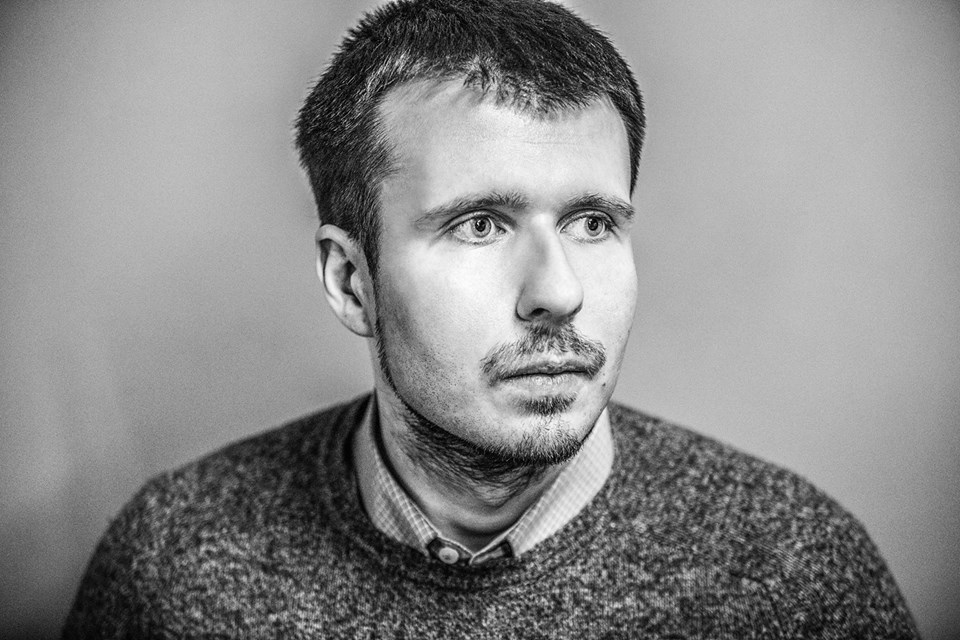
Neither Prymachenko, nor his team see Prometheus as a commercial project, despite it being possible to monetize online courses in Ukraine.
“The problem is that then our logic of reforming Ukraine’s education by means of a mixed system breaks because schools and universities can’t afford it,” says the founder.
Born in the east-Ukrainian industrial giant Donetsk, which now is occupied by Russian-backed forces, Prymachenko sees contributing to Ukraine’s reform process as his personal mission. It also holds him in the country:
“In the west, coloring books for adults have become popular. It’s like going to other countries, where everything is already built. But staying here we receive an opportunity to build a country almost from scratch. It’s difficult, it’s challenging. But it’s also a creative process, like painting your own picture, not just coloring.”
Still, the founders don’t deny that someday they might switch to business. But only when the reform is over.




